COVID-19 Affects Student-Athletes Now and for the Future
Photo By Katelyn Newton
Varsity track and cross country athlete Ross Gowan has been working for years toward a spot on a Division I collegiate team.
But now, as COVID-19 has closed schools and ended the track season, the senior lost his final opportunities to catch the eye of recruiters.
“I’ve been training very hard for months so that I can run college-level times and I am definitely in shape to,” Gowan said. “But now, I can’t race to get those times and it is very frustrating.”
Many concerns with the coronavirus revolve around the economy, potential loss of jobs and cancelation of schools, but there are other significant effects on student-athletes.
The spring sports season is in a very uncertain state, as most students cannot compete as long as school is closed. The National Collegiate Athletic Association (NCAA), the governing body for college recruitment and competition, has cancelled all spring championships, including the profitable March Madness tournament.
Future NCAA athletes have experienced severe consequences with the NCAA having put in place a recruiting dead period until at least April 15.
While telephone calls and written contact are allowed during this dead period, no unofficial or official visits can take place. All in-person recruiting is banned and all National Letter of Intent signings have been postponed until April 15 or later.
For seniors, official visits and signing days often happen in the spring, and for certain sports, timing is also a critical part of training.
“I’ve changed up my training so that I can still run well in a couple months,” Gowan said. “I know there are a lot of other people in a similar situation as me, so I’m staying hopeful that there will be competitions held in the next few months.”
Luckily, Gowan got into his top school, Cal Poly, academically. Although this doesn’t take away from the frustration as he tries to earn a spot on their men’s roster, he is hoping he can walk-on once he is enrolled if there are no more races.
While this was Gowan’s last season, many juniors face similar struggles, as the recruiting process often begins long before senior year.
Unofficial visits and recruitment camps for juniors have also been postponed. The NCAA took such precautions for the health of all staff and recruits, despite the challenges it creates for student-athletes and coaches.
In sports where coaches cannot simply look at times, in-person recruitment is an important part of the process that has come to a halt.
For soccer, it is common to attend ID Camps in which coaches can watch you play in real life without travelling to hundreds of high school or club games.
“I was super excited to go to the UC Irvine soccer ID camp because that is my top school but it was cancelled due to COVID-19,” junior Sammy Merri said. “That makes me think I won’t have as many opportunities to show off my skill to get a scholarship.”
Spring tournaments also offer recruitment opportunities for baseball, softball and water polo.
Junior Gianna Nocetti plays club water polo and is actively searching for a college to challenge her academically and athletically as she has been in high school.
“One of the biggest tournaments to be scouted by college and national team coaches was postponed and is most likely going to be cancelled due to the coronavirus,” Nocetti said. “I was planning to go on multiple recruiting trips in the upcoming weeks but those have been cancelled.”
The NCAA’s decision to freeze recruiting forces Nocetti to improvise in order to stay in touch with coaches and continue to demonstrate her interest. She has reached out via email and phone to maintain a relationship with recruiting coordinators as well as coaches.
“I have started making highlight videos to send to college coaches because they will not be able to watch me play as much as I had been hoping,” Nocetti said. “Unlike individual sports, I can’t simply send coaches my times so it is going to be a detriment to my ability to be seen by more colleges.”
Many student athletes express hope that college coaches will be understanding in this situation, since the international outbreak creates new obstacles in many aspects of life.
The fear of losing years of hard work and commitment to their sport has encouraged these prospective student-athletes to take extra steps to save their chances of competing in college and continue doing what they love.

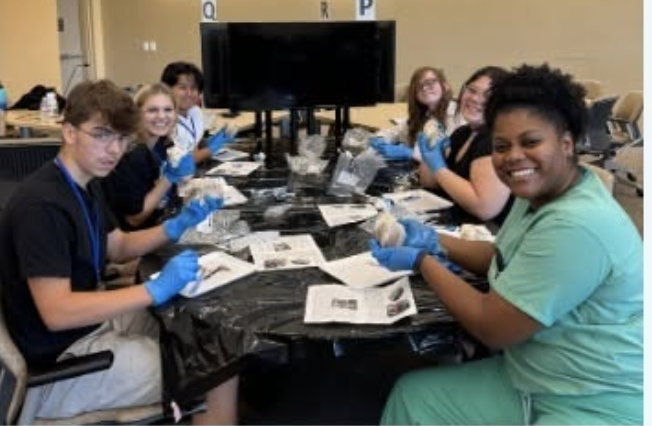


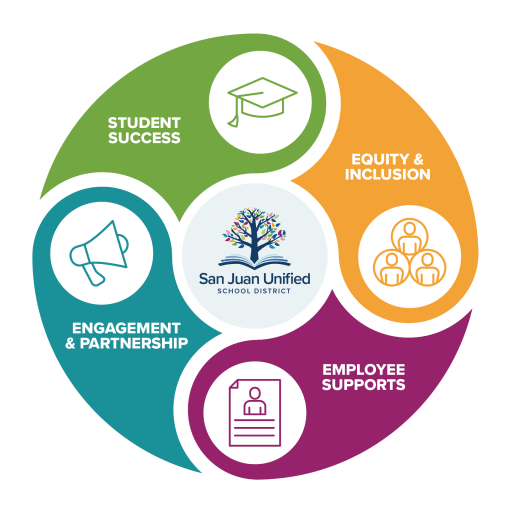
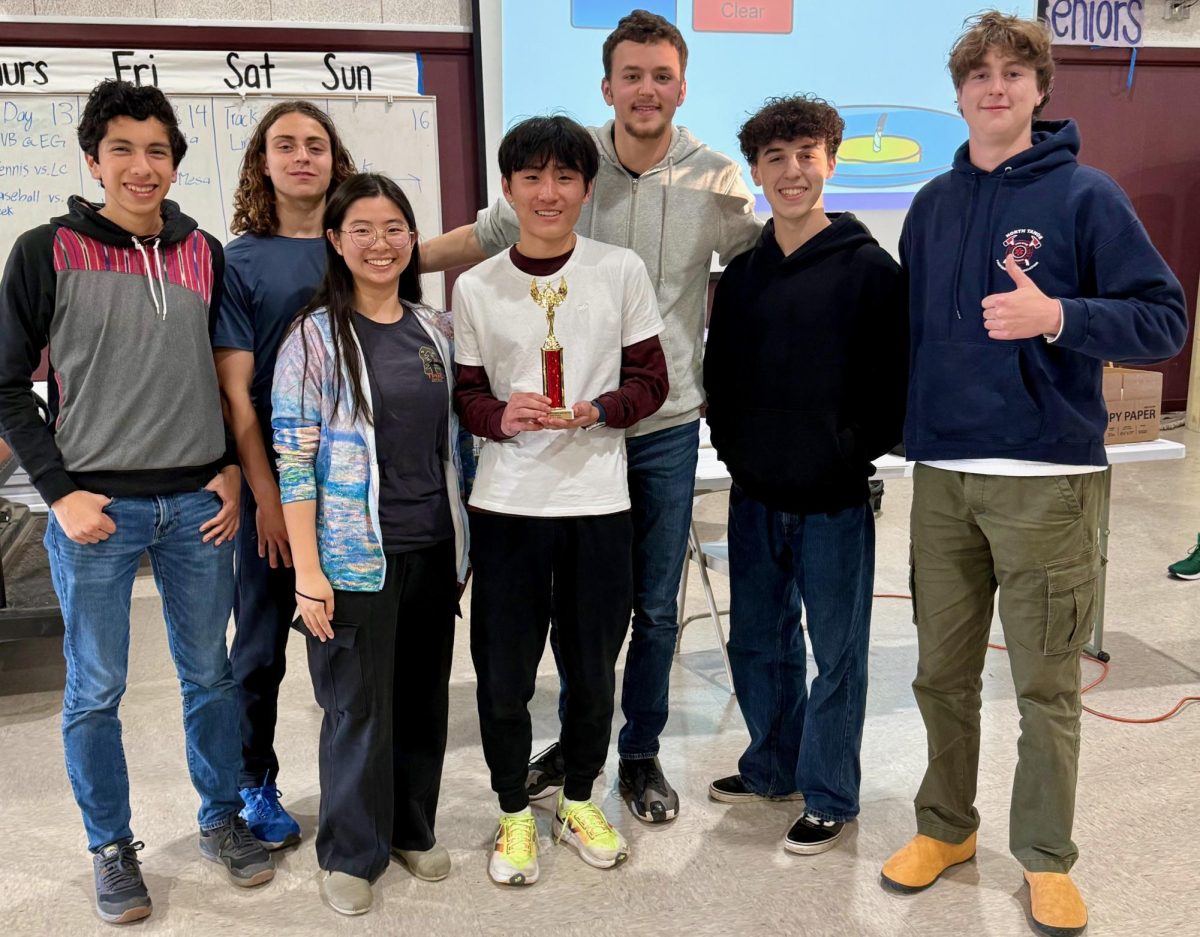


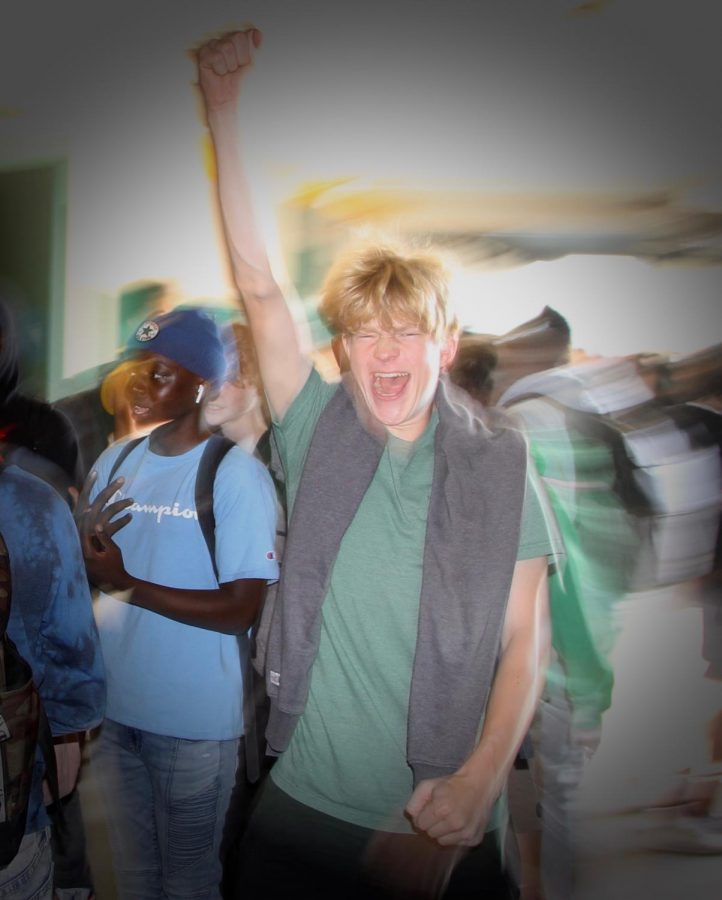


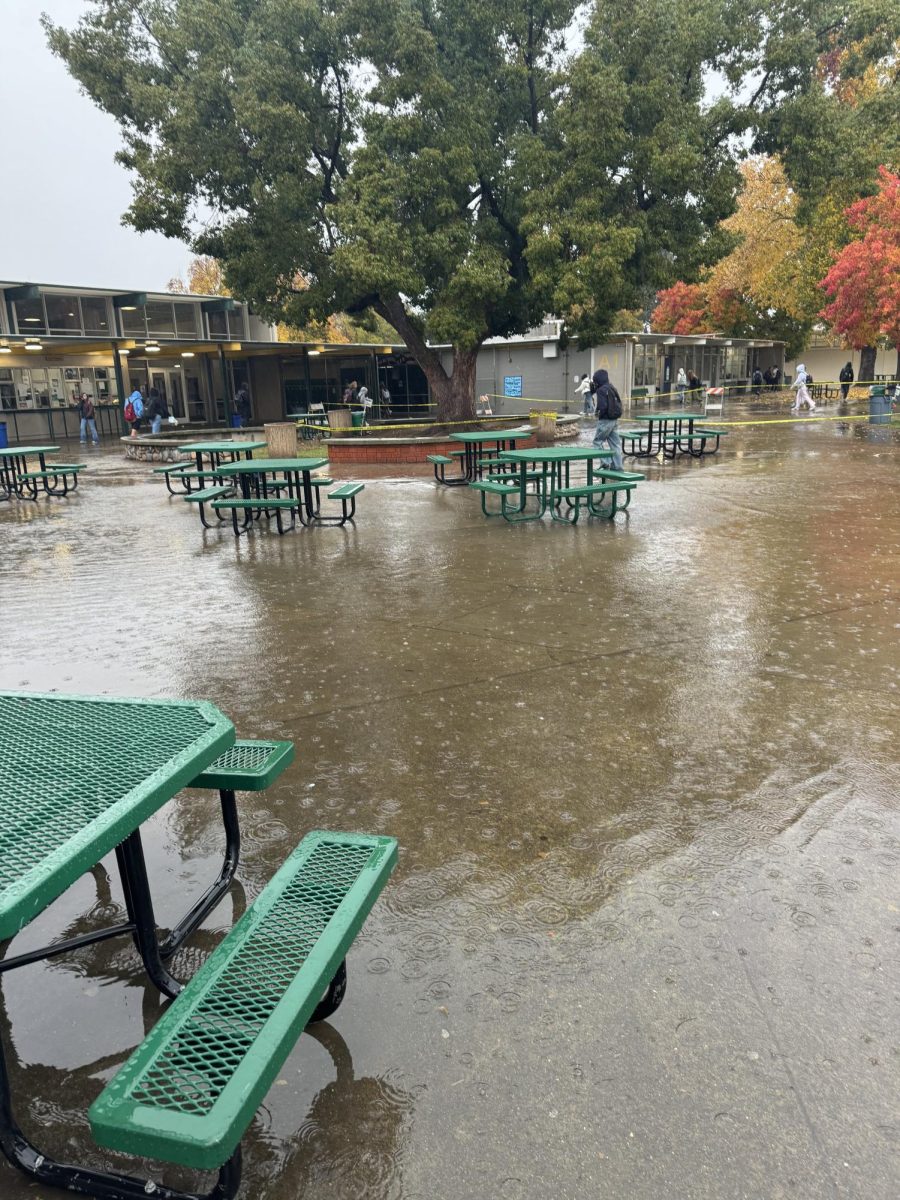

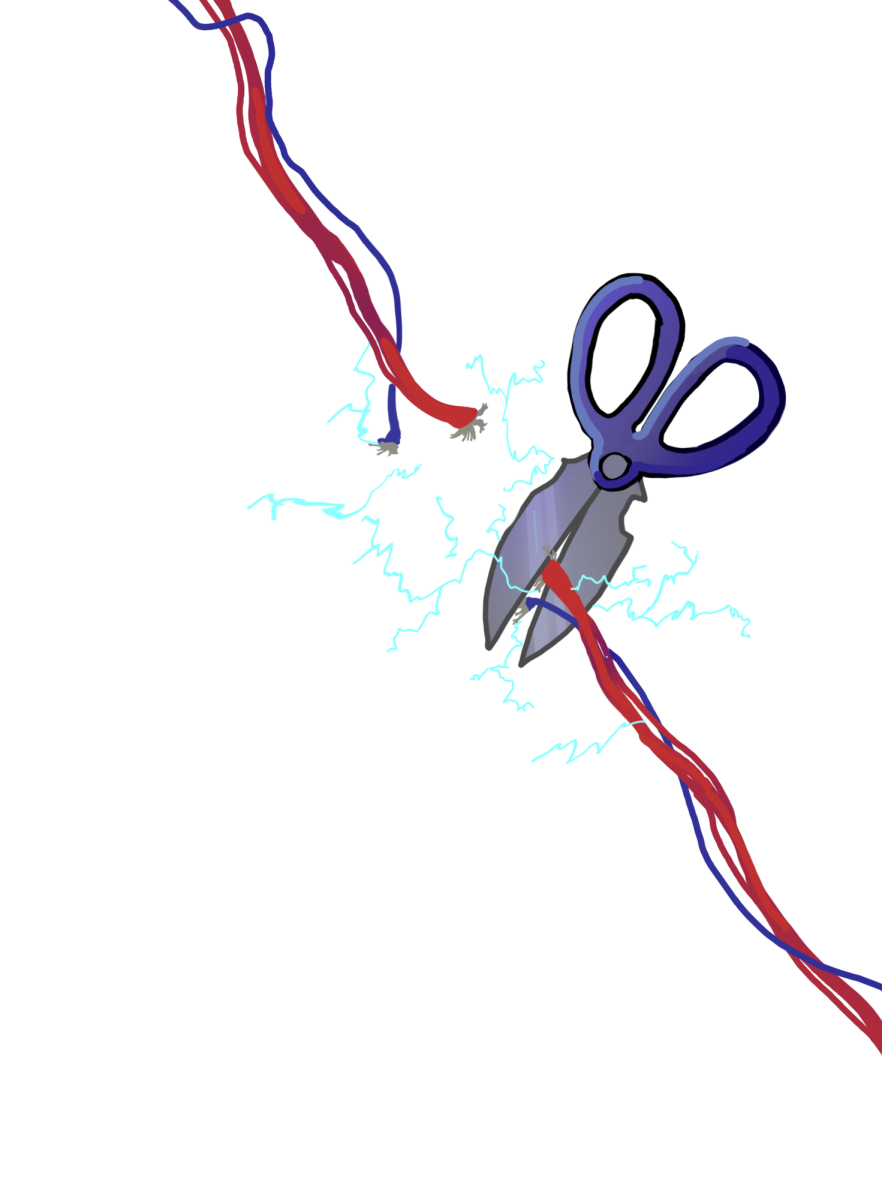
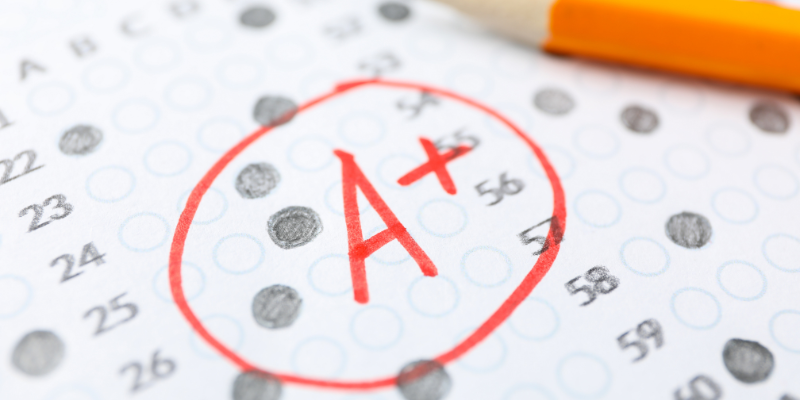
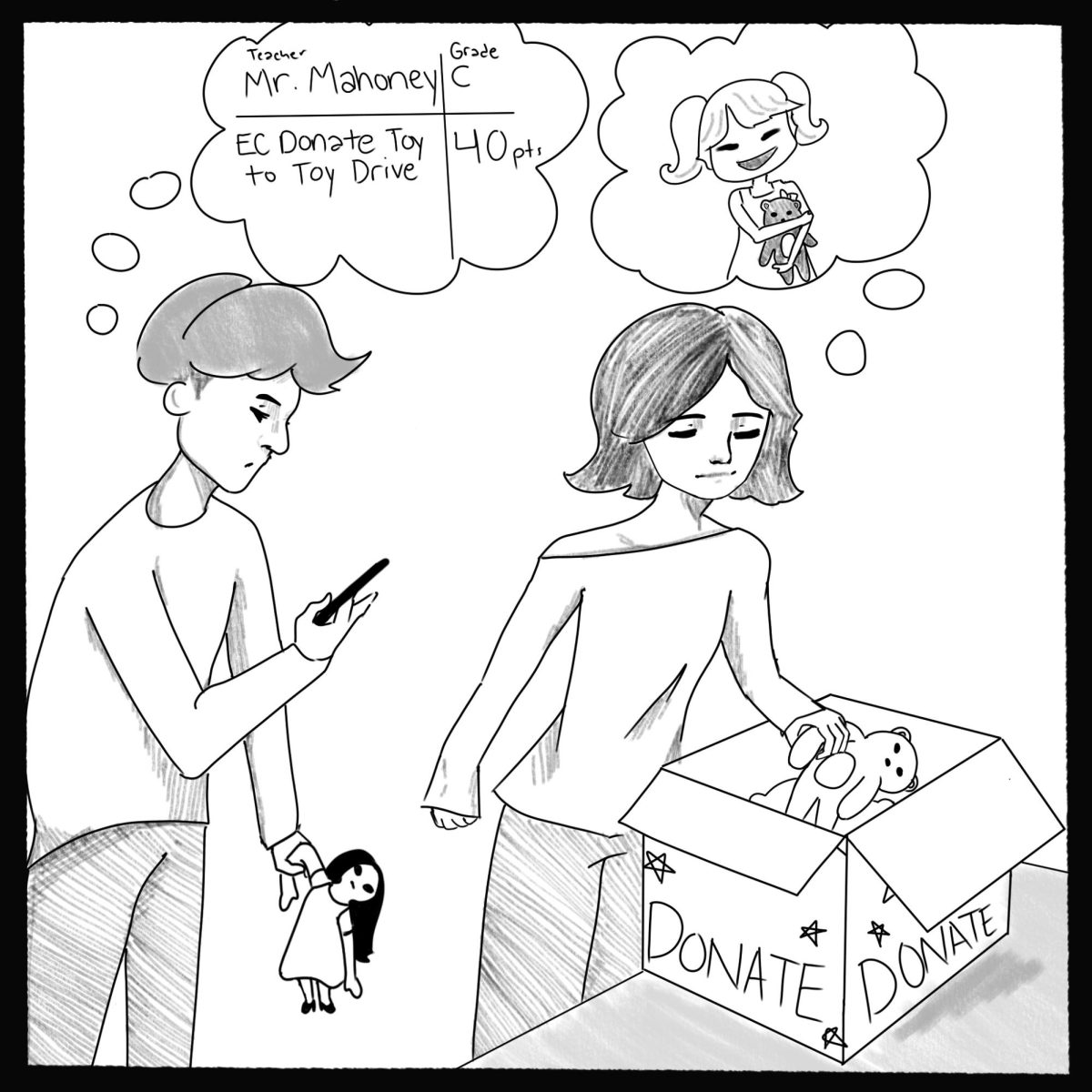

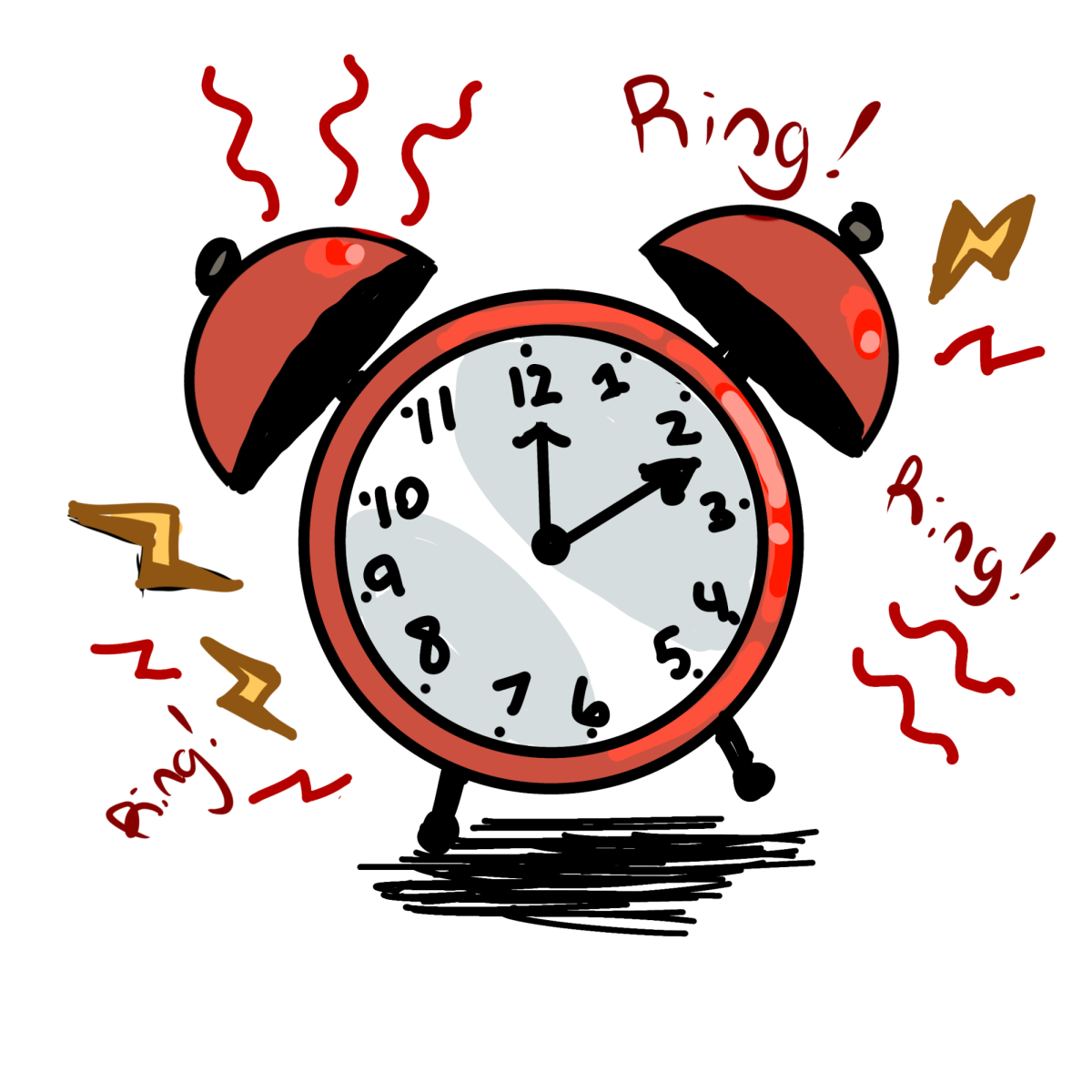



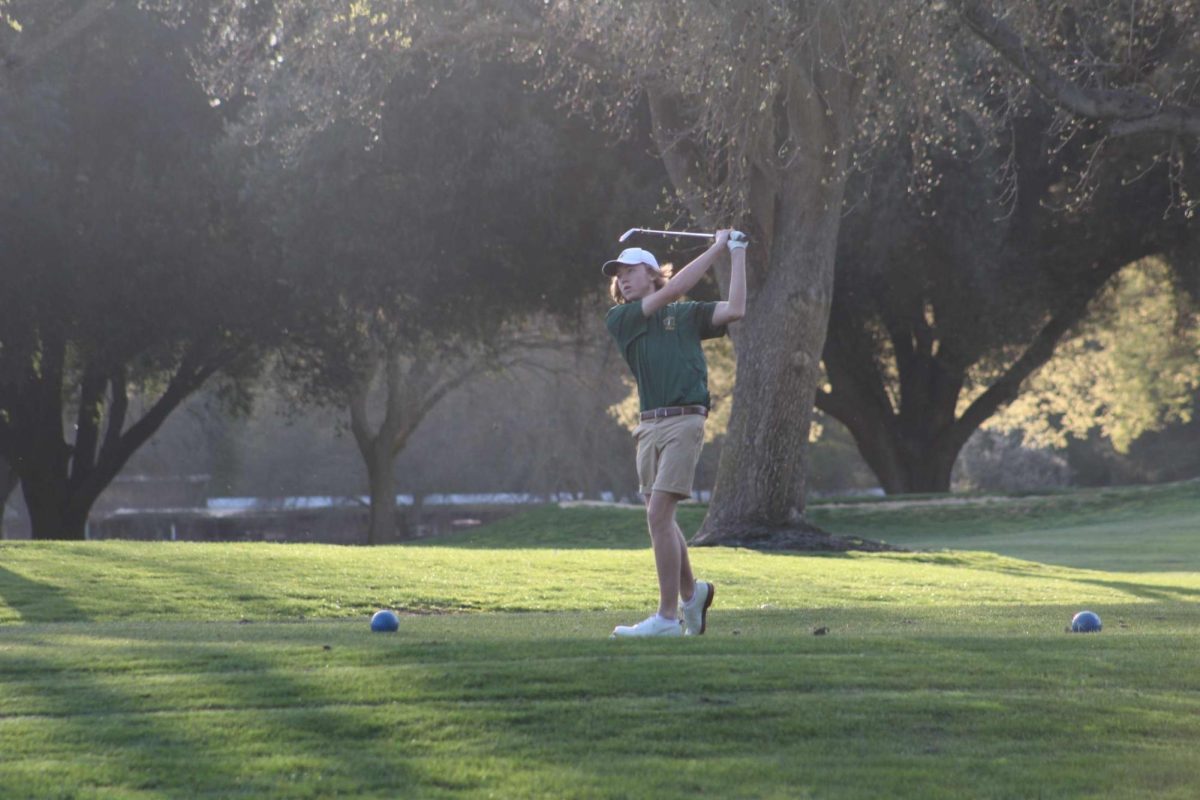

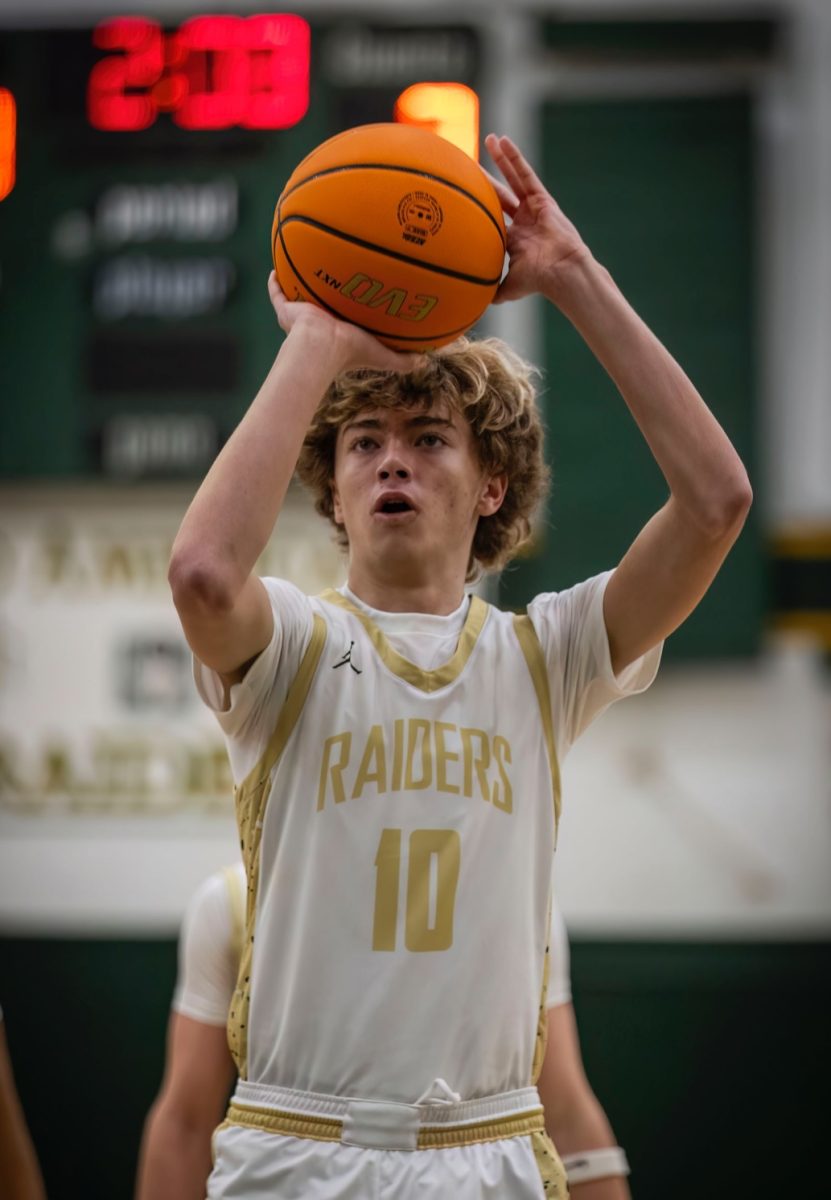

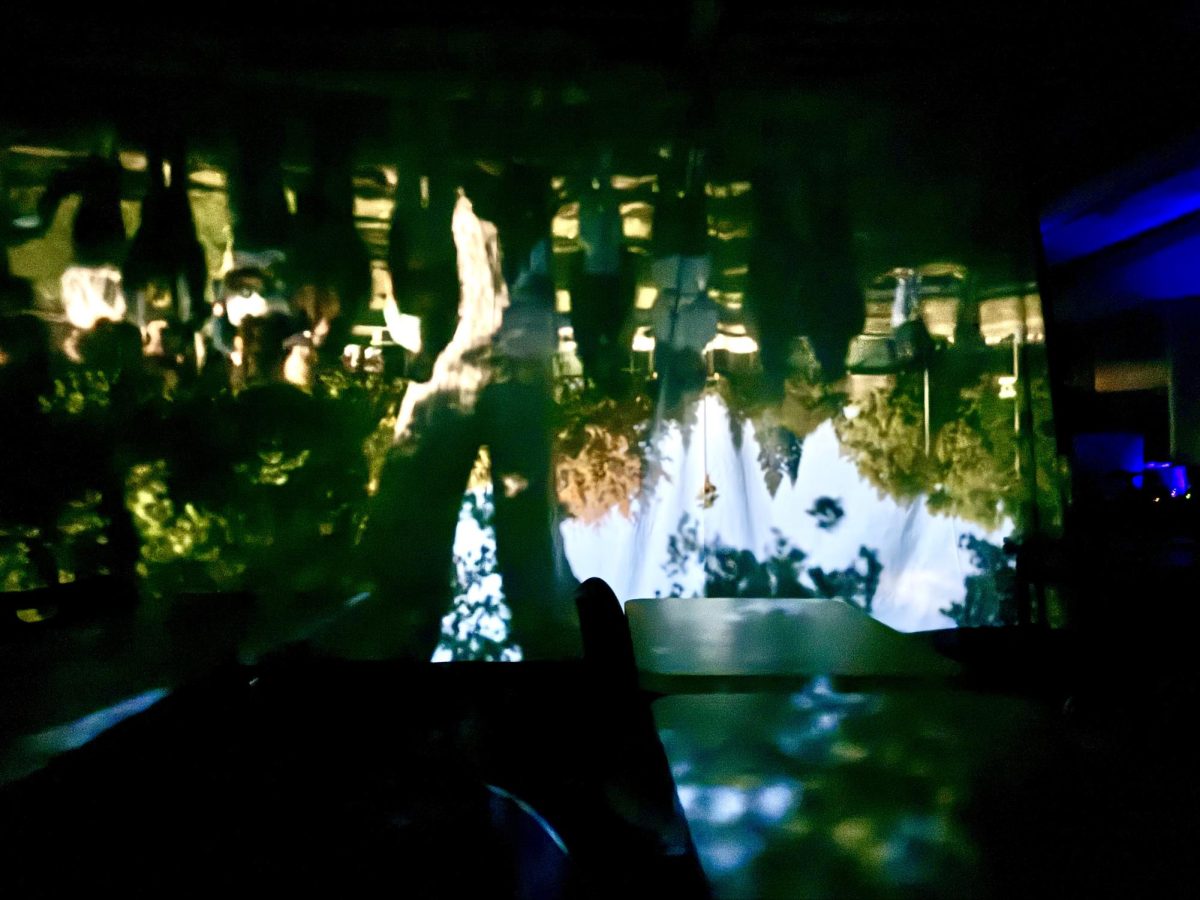
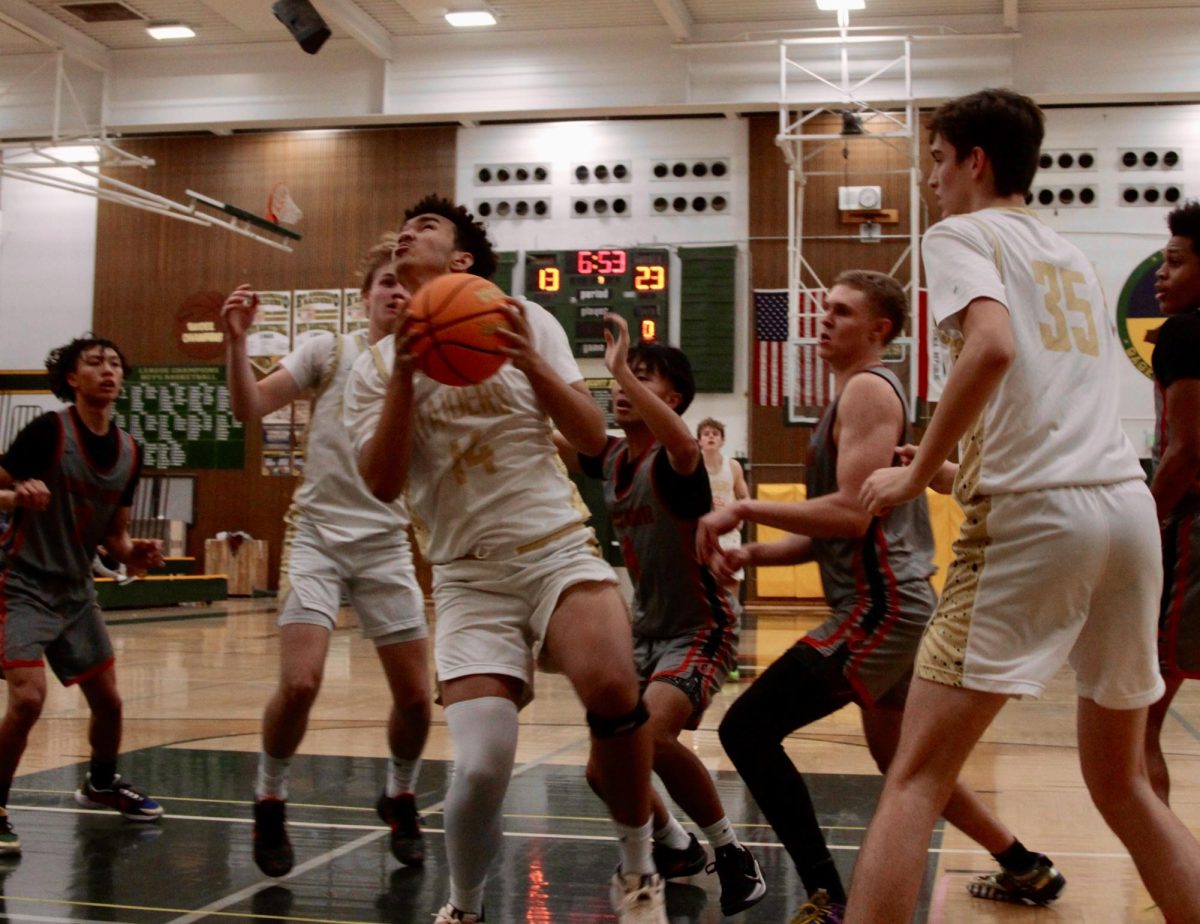

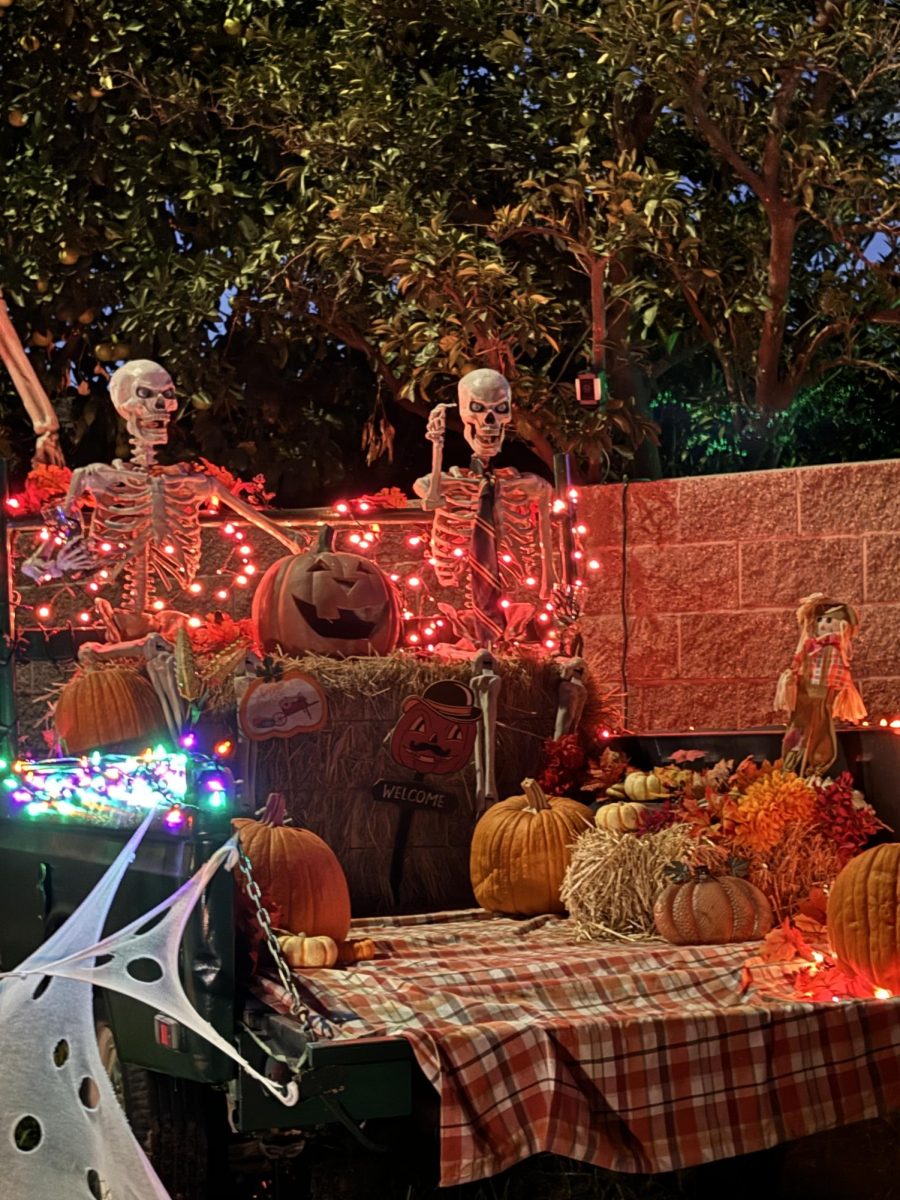









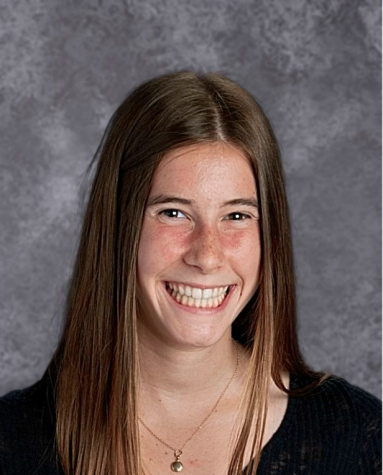
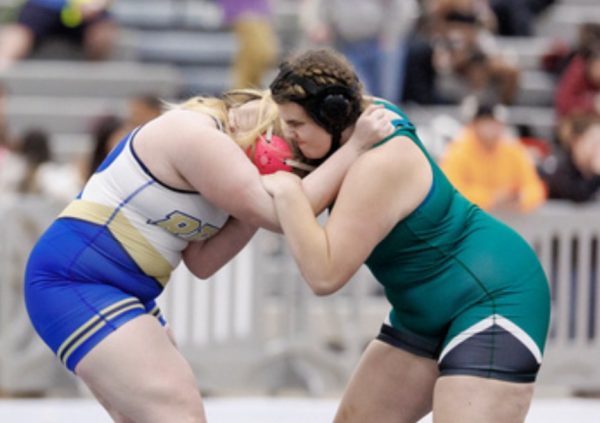
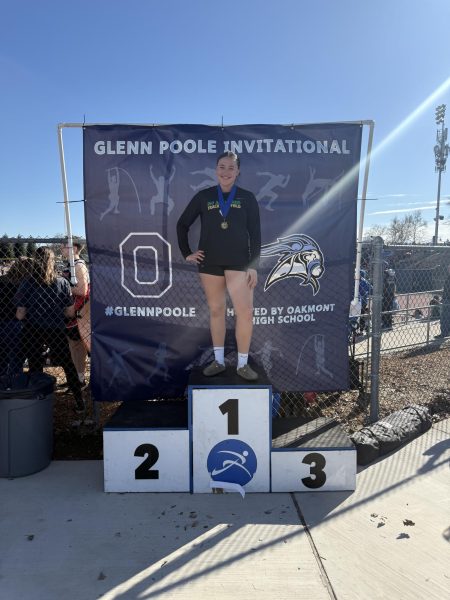
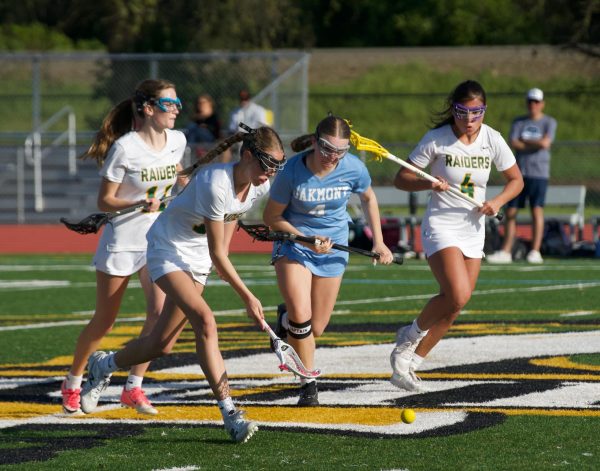

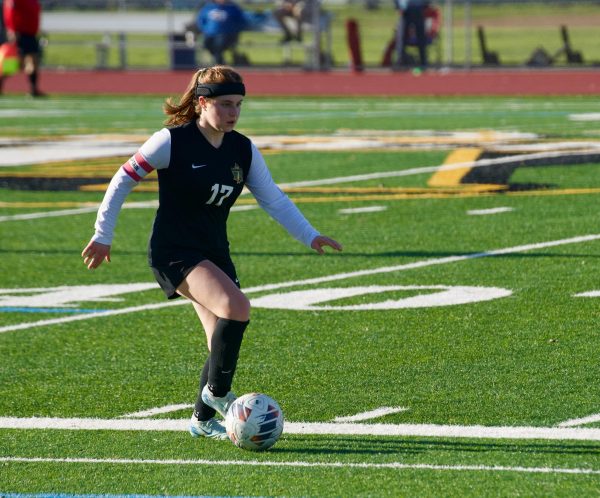
Mia Eiremo • Sep 27, 2020 at 8:21 PM
It is crazy to think that a virus could turn everyones lives upside down. It is so sad to think about all the memories that athletes will miss out on but it reminds us to be hopeful!
Ajeeth Iyer • Sep 27, 2020 at 8:16 PM
It is quite distressing to see the effects that Covid-19 has had on the collegiate recruiting process. In the approximately six months of quarantine, it is quite apparent that many are not only having difficulty showcasing their abilities but are also finding it almost impossible to practice their cherished sports. I hope that colleges are understanding, in terms of the recruiting/admissions process, and I wish the best of luck to all of the athletes at Rio!
Jennifer Su • Apr 14, 2020 at 10:41 PM
Because I’m not an athlete, I didn’t realize how much athletics would be affected due to Covid-19. Reading about each student’s experiences makes me realize just how much people’s lives have been turned around. Wishing the best for all the athletes at Rio!
Sophia Karperos • Apr 14, 2020 at 10:17 AM
This is such a frustrating time! So many athletes have worked so hard to get where they are, but I am hopeful that college coaches will be understanding and recognize that runners like Ross would have improved their times this season.
Annalee Gorman • Apr 13, 2020 at 11:37 AM
Wow, I know a lot of juniors and seniors affected by this! It’s a tough time to be recruited by colleges.
Nicolas Gorman • Apr 13, 2020 at 7:49 PM
fax